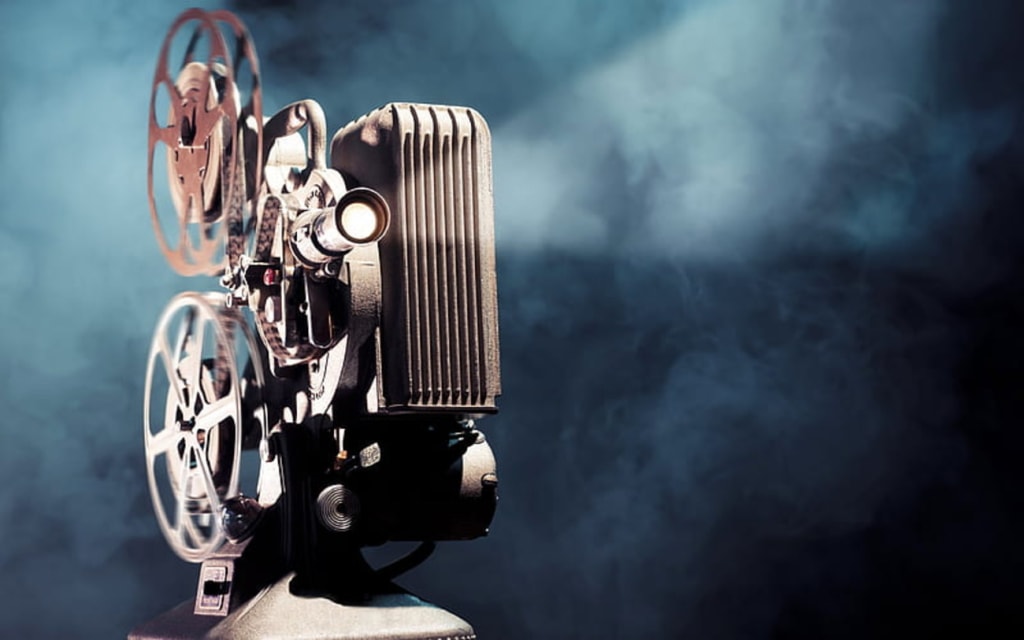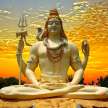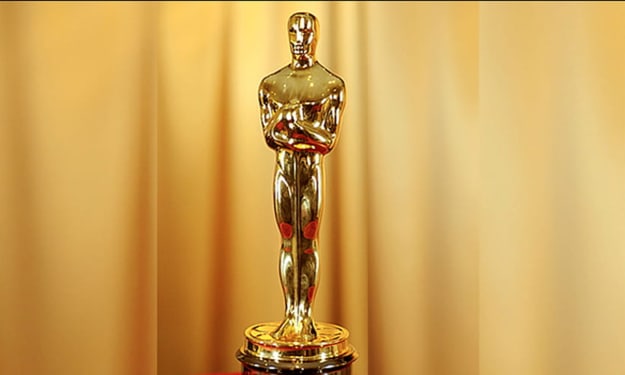
The movie theater was a brand-new kind of entertainment that first appeared in the late 19th century. Simple moving graphics were first displayed on displays in tiny spaces, enthralling viewers with the illusion of motion. This young art form developed become a potent storytelling, creative, and cultural expression tool over time.
Silver screen silent films dominated the early 1900s. Icons of this era included Charlie Chaplin and Buster Keaton, two legendary performers who told stories without words through physical humor and expressive gestures. With classics like "The Birth of a Nation" and "Metropolis," the silent film era achieved its pinnacle and demonstrated the potential of cinema as a medium for artistic expression.
With the arrival of sound and the rise of "talkies" in the late 1920s, the business was completely transformed. The cinematic experience was enhanced with the addition of music, sound effects, and conversation to films. Vintage motion pictures such as "Gone with the Wind" and "The Wizard of Oz" captivated viewers globally, establishing novel benchmarks for narrative and extravagance.
The studio system, which produced a large number of classic movies and performers, helped to usher in Hollywood's Golden Age in the 1930s and 1940s. Hollywood became known for its glamor and glamour after creating timeless masterpieces like "Casablanca," "Citizen Kane," and "Gone with the Wind." Celebrities such as Audrey Hepburn, Humphrey Bogart, and Marilyn Monroe were well-known, captivating audiences with their charm and skill.
Cinema continued to develop during the 20th century, adopting new storytelling approaches and technological advancements. The visual magnificence of movies was enhanced in the 1950s with the introduction of color film and widescreen formats. Akira Kurosawa and Alfred Hitchcock, among other auteurs, expanded the realm of cinema through their inventive use of narration and cinematography.
New Hollywood came of age in the 1960s and 1970s, a time of audacious experimentation and social satire. Filmmakers who pushed the boundaries of cinematic storytelling and tackled controversial issues, such as Stanley Kubrick, Francis Ford Coppola, and Martin Scorsese, broke norms. Classic movies like "The Godfather," "Taxi Driver," and "2001: A Space Odyssey" summed up the creative aspirations and cultural significance of the time.
The introduction of home video in the 1980s completely changed how people watched movies, enabling them to do it whenever and wherever they pleased. "Star Wars" and "E.T. the Extra-Terrestrial" were among the box office blockbusters that ushered in the era of the blockbuster franchise.
With the development of digital technologies and streaming platforms in the twenty-first century, the film industry faced both new opportunities and challenges. Cinematographers adopted digital cameras and computer-generated imagery (CGI) to enhance visual effects and immersive experiences. In the meantime, audiences now have unparalleled access to a wide variety of movies and TV series thanks to streaming services like Netflix and Amazon Prime Video, which have revolutionized the distribution model.
Cinema is still a potent medium for storytelling, artistic expression, and cultural reflection in spite of these developments. It has enthralled audiences worldwide from the silent to the digital eras, taking them to far-off places, arousing their emotions, and igniting their imaginations. Future generations will continue to be inspired by the magic of cinema as long as there are tales to tell and dreams to share.
The "world's best" movies might differ depending on personal preferences, cultural backgrounds, and individual tastes. This makes the decision extremely subjective. But these five highly regarded movies have garnered a lot of positive reviews from critics and have made an impression on viewers all around the world:
Francis Ford Coppola directed "The Godfather" (1972), a criminal epic that is universally recognized as one of the best movies ever filmed. With Marlon Brando, Al Pacino, and James Caan in the lead roles, "The Godfather" delves into issues of power, loyalty, and the Corleone crime family.
1941's "Citizen Kane" - Starring and directed by Orson Welles, "Citizen Kane" is a pioneering cinematic classic that transformed the medium. The film tackles the complexity of ambition, power, and the human condition while portraying the story of wealthy newspaper magnate Charles Foster Kane using inventive storytelling tactics and breathtaking cinematography.
"The Shawshank Redemption" (1994) - Based on a Stephen King book, this drama directed by Frank Darabont is a moving film that has captured the hearts of viewers all around the world. The movie, which stars Tim Robbins and Morgan Freeman, addresses themes of hope, atonement, and the resiliency of the human spirit while following the bond between two prisoners at Shawshank State Penitentiary.
"Schindler's List" (1993): This film, which was directed by Steven Spielberg, is a potent and deeply moving depiction of the Holocaust. The movie, which is based on the historical story of German businessman Oskar Schindler, who rescued the lives of over a thousand Jewish immigrants during World War II, is a monument to the victory of kindness and humanity over unimaginable evil.
"The Dark Knight" (2008) – One of the best superhero movies ever made, directed by Christopher Nolan, is considered to be one of the best ever. The picture, which stars Christian Bale as Batman and Heath Ledger in his legendary portrayal as the Joker, goes beyond its genre to examine intricate themes of anarchy, morality, and what it means to be a hero.






Comments (1)
Hey there, just wanna let you know that this needs to have the disclaimer added to the beginning or ending, stating that it was created with the help of AI 😊